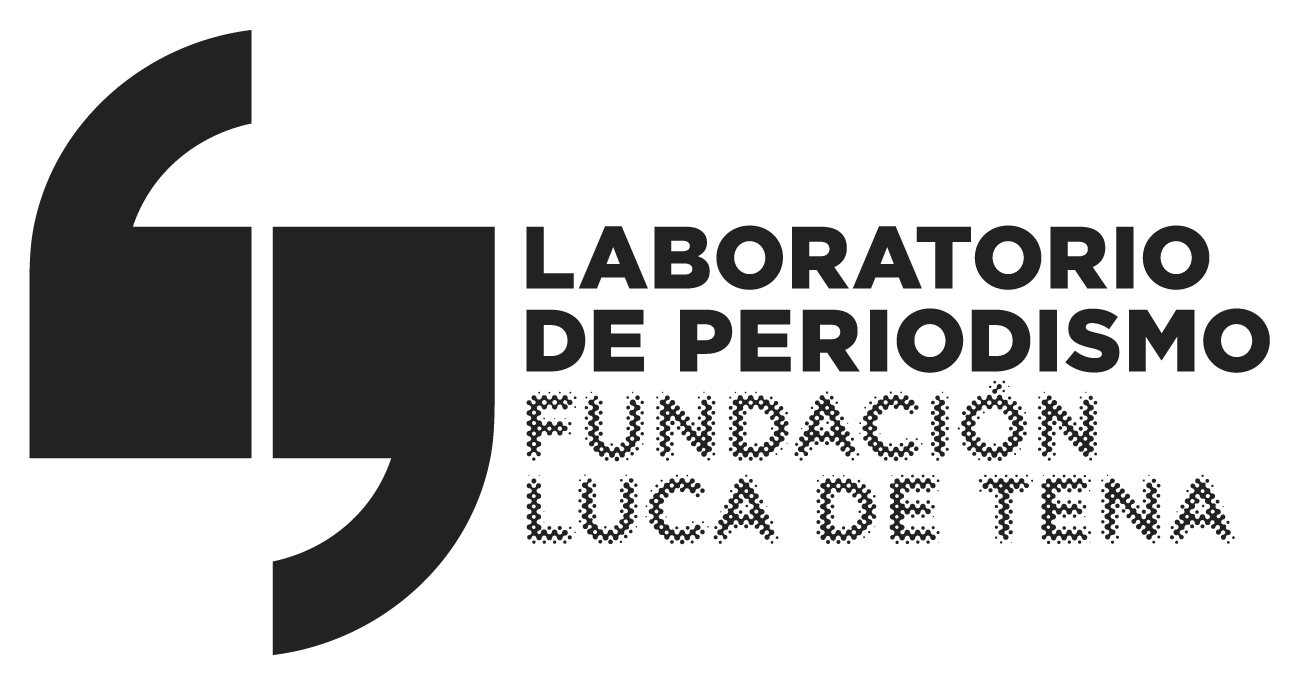As the podcasting universe has matured in recent years it has picked up many of the trappings of more established media industries, ranging from a flourishing trade press to its very own awards show circuit. This past year, podcasting finally achieved one of the ultimate signifiers of middle age — an unsettling realization that the best days of its high-spirited youth may now be behind it. While overall podcasting revenue and listenership continue to grow, the runaway exuberance many felt about state of the medium has dissipated lately, even among some of its most ardent practitioners. “At what point do you have to just call it, and say that rather than being a ‘big thing’ in waiting, it’s just a run-of-the-mill ‘medium thing,’” Nick Hilton, a podcast entrepreneur, wrote in a recent blog post, entitled “2022: The Year That Podcasting Died.” More fromBloombergScreentimeIndia’s ‘RRR’ An Unlikely Underdog in Hollywood Awards RaceAFI Awards Holds Moment of Silence for Lisa Marie PresleyReview: Glossy ‘House Party’ Remake Falls Short on the FunDisney Executive Says 599 Shows Marks the Peak of Scripted TVIt was illustrated with a gravestone. Comic hyperbole aside, there is an unmistakably dour vibe now permeating podcast land — and for good reason. Following a prolonged buying spree, some of the industry’s biggest spenders are now pulling back due to growing concerns about the economy and the possibility of weakening advertising sales in audio.Sirius XM Holdings Inc. has slowed down its dealmaking, and Spotify Technology SA is freezing its US budget for new podcasts, according to people familiar with the situation. Amazon Music has pulled back on new deals and instructed its team to reduce offers that were already on the table but unsigned, said two people who asked not to be identified because of the sensitivity of the negotiations. In some cases, all three companies are offering smaller upfront payments to new shows and seeking to keep more of the resulting advertising revenue, according to several people familiar with the matter. Shows that used to be able to claim 80% of advertising sales are now often forced to settle for 50%, two people said.Representatives from Amazon.com Inc. and Spotify declined to comment. Scott Greenstein, SiriusXM’s president and chief content officer, said the company feels “very good” about its podcast slate and looks forward to “growing it even further next year” with the launch of several new shows. “A lot of these platforms acquiring and spending big dollars in the podcast space have made those bets and are putting those businesses to work,” said Chris Peterson, founder and CEO of Modish Media, an audio advisory firm. “This is a little bit of a slowdown period, but we will continue to see more M&A as more companies and money come into the space.” During the boom years, it felt like podcast licensing deals were ever escalating in value. But lately there have been signs that the steep upward trajectory may be tapering off. Earlier in 2022, Jacob Weisberg, the founder of podcast producer Pushkin Industries, began looking around for a new licensing partner. Pushkin’s current deal with iHeartMedia, signed in 2020, was about to expire. Pushkin started working out a promising new arrangement with Amazon that would have paid the podcast network more than $10 million in exchange for the rights to distribute and sell advertising on the company’s shows, which include Malcolm Gladwell’s Revisionist History and Rick Rubin’s Broken Record, over a several-year period. But then the retail giant returned with bad news. Due to spending constraints across Amazon, the audio division could only offer an amount significantly less than the initial proposal, according to people familiar with the negotiations. Pushkin, which declined to comment, has so far balked at the reduced offer. “There are just so many shows out there, so many good shows, and it’s harder and harder to break through.”Meanwhile, lucrative exits, once common for podcast entrepreneurs, are getting harder to come by. In 2018, Rob Herting left his job at Hollywood talent powerhouse Creative Artists Agency to start QCode, a podcast company aiming to use his Hollywood connections to capitalize on the booming industry. Herting raised $6.4 million and assembled a lineup of scripted series performed by A-list performers including Demi Moore, Matthew McConaughey and Rami Malek.Earlier last year, Herting considered cashing out. He was approached by a prospective buyer and over the summer engaged in a series of conversations about a potential acquisition. According to people familiar with the chats, he was seeking more than $100 million. But to date, Herting has yet to sell. A spokesperson for QCode said the company has received multiple offers but hasn’t yet been able to find the right partner or deal structure, citing market timing. QCode declined to comment on the valuation number.In the four years since Herting founded QCode, the number of
Origen: The Great Podcasting Market Correction – Bloomberg



